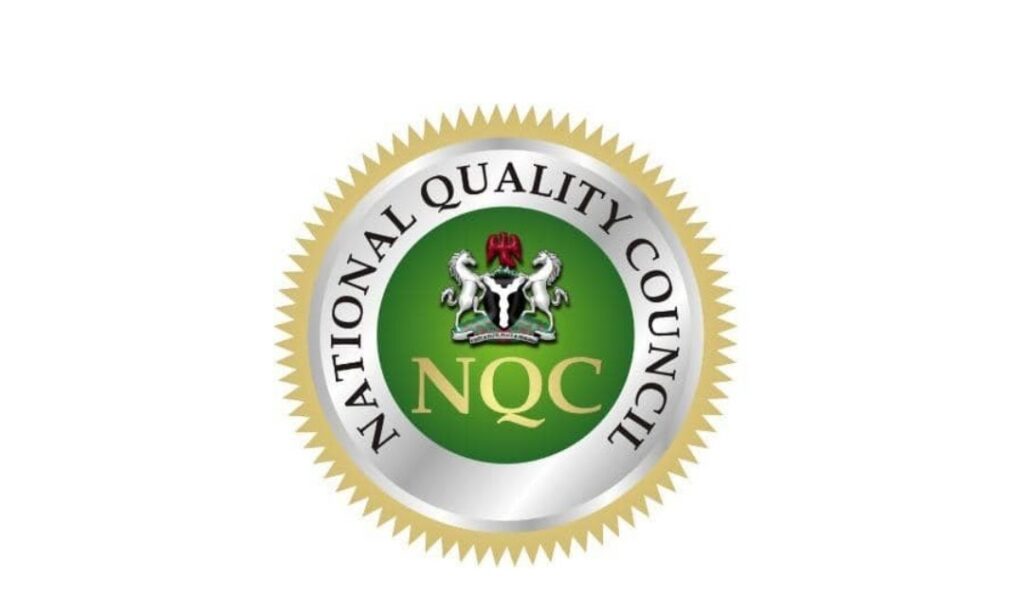In an effort to address and reduce the ongoing rejections of Nigeria’s export goods on the global market, which has been described as an emergency, the Federal Government of Nigeria, has established the National Quality Council (NQC). Recall FarmingFarmersFarms had, in May 2023, reported that Nigeria’s agricultural produce are being rejected, based on lack of quality control. In the report, the Director-General, National Agency for Food and Drug Administration and Control (NAFDAC) had claimed that 70% of Nigeria’s food exports are rejected in Europe and America, making desperate farmers to package theirs to Ghana before it would be marketed on an international platform.
The National Quality Council, according to the government; is established to promote enhanced development, harmonisation and rationalisation of Nigeria’s quality infrastructure. The newly-appointed Chairman/Chief Executive Officer of NQC, Osita Aboloma, stated this in Abuja recently, saying that the various legs of the quality infrastructure, namely standards development, metrology, conformity assessment, and accreditation require urgent harmonisation and rationalisation. These, he said, would ensure cost-effectiveness and efficiency in the support and acceptance of Nigeria’s export products around the world.
On the recent claim made by the Director-General of NAFDAC that 70% of Nigeria’s food exports are rejected abroad, Aboloma backed up the claim by stating that sanitary and phytosanitary requirements are some of the major obstacles that must be overcome to avoid the constant rejects. According to him, the Sanitary and Phytosanitary (SPS) requirements are quarantine and biosecurity measures applied to protect human, animal, and plant life or health risks arising from the introduction, establishment, and spread of pests and diseases as well as from the use of additives, toxins, and contaminants in food and feed; all these are to ensure a strong successful exportation to neighbouring and far countries.
Aboloma to a recent report of Nigerians shipping goods to Ghana for certification to enhance export value as being unacceptable, stressing that the solution lies in accelerated development, rationalisation and harmonisation of the nation’s quality infrastructure for optimum value addition. He stressed the need for greater synergy amongst organisations and institutions in the public and private sectors, hosting the National Quality Infrastructure as well as greater awareness creation for operators along the export value chain. According to him, NQC was created to implement the letters and spirit of the approved Nigerian National Quality Policy (NNQP) document, which provides for efficient and effective management of regulatory responsibilities to achieve the protection of society and the environment as well as transparent and reliable state-regulatory systems, devoid of bureaucratic vagaries.
He maintained that in order to meet destination standards and requirements, the provision of standards, metrology, accreditation and conformity assessment services, which must be acceptable globally, should be put in place. Aboloma explained that standards serve as benchmarks for products and service quality; metrology ensures accuracy of measurements in the industry for both equipment and products; accreditation assures mutual recognition of competencies in Nigeria across borders while conformity assessment entails inspection and testing of products to meet destination requirements.

